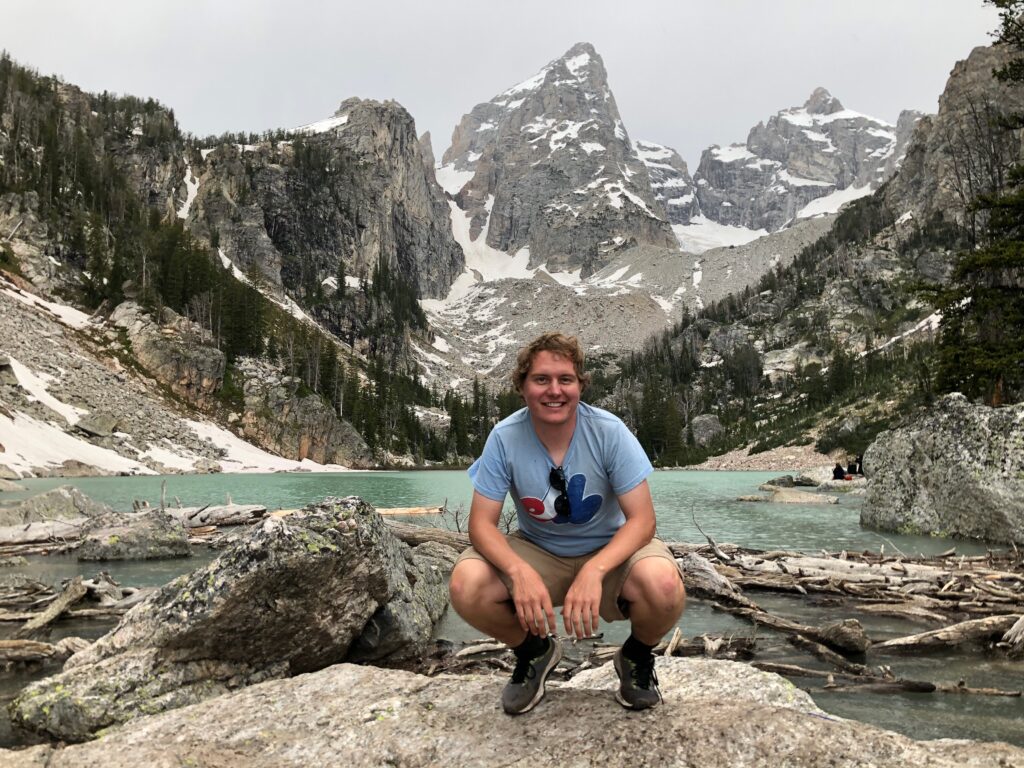
What is your position or role in the DESI project?
I’m the co-lead of the “DESI CMB cross correlation” topical group within the Clusters, Cosmology, and Cross-Correlation working group. I work on thinking about the relationship between DESI galaxies and the cosmic microwave background–the oldest light in the universe, which can be gravitationally lensed, scattered, Doppler-shifted, and gravitationally-redshifted by galaxies, their host dark matter halos, and the hot gas inside them.
Where were you born?
I was born in New York City and grew up in Irvine, California.
Where do you live now?
I live in Waterloo, Ontario, Canada, just outside of the Toronto metro area. I’m a postdoc at the Perimeter Institute of Theoretical Physics and the Waterloo Centre for Astrophysics.
What do you do as part of DESI?
Mainly, I think about how we can learn about cosmology from DESI galaxies and quasars gravitationally lensing the cosmic microwave background. Lately, I’ve been working on using the gravitational lensing of the CMB by DESI quasars as a clean probe of the largest scales of the Universe, where certain models for inflation can generate strong large-scale correlations. I’ve also worked on studying redshift failures and identifying bad fibers within the LSS Catalog/KP3 working group, and am involved in the DESI-weak lensing cross-correlations project.
What is the most interesting or exciting thing about your job?
Contributing to our scientific understanding of the cosmos. I enjoy the thought that our work today might help people in the future understand the universe better. Or it may not—that’s the nature of science! At the least, any paper adds (even if only very incrementally) to our vast corpus of knowledge of physics.
Any advice for an aspiring scientist?
Always try to maintain a skeptical attitude towards your own research work. There’s no answer key in research, so you always have to come up with tests to make sure that what you’re doing is correct!
What do you do for fun?
Running, hiking, following baseball, and classical music.
If you weren’t a scientist, what would be your dream job?
I like exploring landscapes, so maybe something with maps or geography.
What excites/interests you most about DESI?
40 million galaxy spectra! The operations of DESI have gone so well (observing running months ahead of schedule despite the Contreras Fire), so I feel like that sets the standard for the rest of the collaboration.